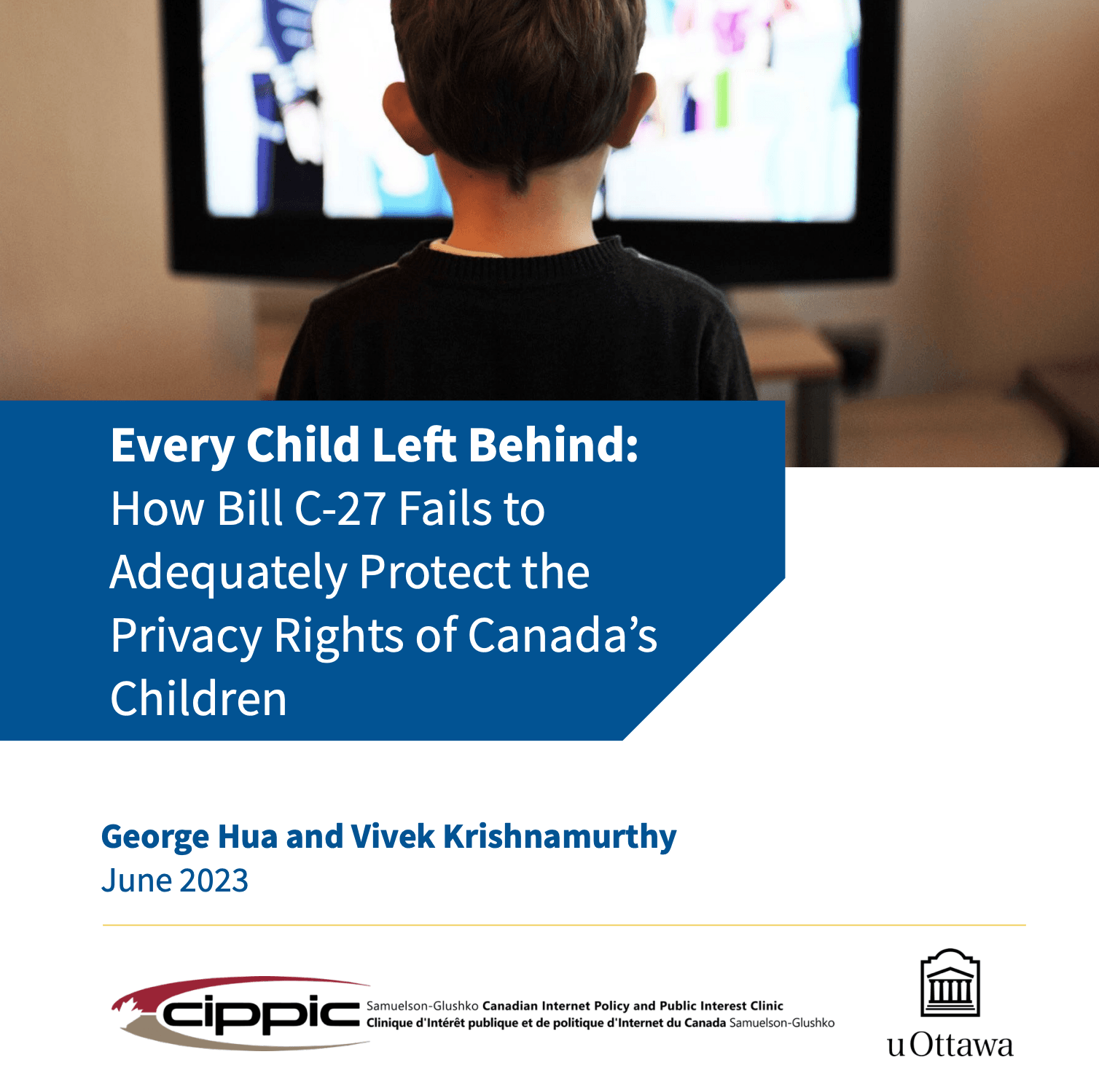Public Video Surveillance
The use of public video surveillance for policing, although common in the UK since the 1980s, has until recently not been politically palatable in other countries.
The use of public video surveillance for policing, although common in the UK since the 1980s, has until recently not been politically palatable in other countries. The notion of the state being able to watch one while one is walking down the street conjures up comparisons with Nineteen Eighty-Four's telescreens. In the post-September-11 environment, however, officials in many countries - Canada included - have found increasing support for the installation of public video surveillance systems. The proliferation of surveillance-camera projects has brought with it some serious privacy concerns. What's more, the development of specialized computer software creates new potential applications for video surveillance that could go beyond the original intended purposes. Public video surveillance is not likely to disappear, but it is worthwhile to examine what sorts of limits can be placed on such systems to minimize their invasiveness.
This webpage addresses some common questions about public video surveillance, its prevalence, effectiveness, and regulation.
FAQs
Resources
Legislation
Privacy Commissioners
Guidelines regarding public video surveillance
- Federal
- Alberta
- BC
- Newfoundland
- Ontario
- Saskatchewan
- Quebec
Commentary
- Opinion of Former Supreme Court Justice Gérard LaForest on Public Video Surveillance
- Watching You: Privacy Rights and Video Surveillance, Speech by former Privacy Commissioner George Radwanski to the BC Civil Liberties Association
- Report on the Public Consultation on the Use of Surveillance Cameras in Public Places by Public Bodies (en Français)
- Summary (in English)
- Letter from Alberta Information and Privacy Commissioner Frank Work to Mayor of Calgary David Bronconnier on the Subject of Video Surveillance
- Letter from David Loukidelis, Information and Privacy Commissioner of British Columbia, to Vancouver Police Chief Jamie Graham on the Subject of Video Surveillance
- Video Surveillance by Public Bodies: A Discussion - Report by David Flaherty, former Information and Privacy Commissioner of British Columbia
Findings / Cases
- Findings of Federal Privacy Commissioner George Radwanski regarding the use of video surveillance in Kelowna by the RCMP
- Canada (Privacy Commissioner) v Canada (Attorney General) 2003 BCSC 862
- Opinion of Gérard Laforest on legality of Public Video Surveillance
- Alberta Information and Privacy Commissionner report on the use of video surveillance by the Edmonton Police
- Ontario Information and Privacy Commissioner report on the use of video surveillance and face-recognition software at Ontario Casinos
- Quebec Access to Information Commission report on the use of video surveillance in Baie-Comeau (en Français)
- Quebec Access to Information Commission report on the Montreal Robot-cam project (en Français)
Other Sources of information
Civil Society Advocacy
- EPIC's Six Guidelines for CCTV (Jan.2008)
Research
- Home Office Research, Development and Statistics Directorate studies on CCTV
- A number of empirical studies on the effectiveness of CCTV, carried out by the Home Office
- Does Closed-Circuit Television Prevent Crime? - Scottish Office Central Research Unit
- An evaluation of the effectiveness of a CCTV project in Airdrie, Scotland
- The Use of Surveillance Cameras in Public Spaces in Canada, Study prepared by Christian Boudreau and Monica Tremblay for the Privacy Commissionner of Canada (en Français)
- Details the use and regulation of video surveillance in Canada, along with public opinion on the matter.
- Also features a review of the literature on the effectiveness of public video surveillance
- To CCTV or not to CCTV? A review of current research into the effectiveness of CCTV systems in reducing crime, Rachel Armitage, NACRO
- A concise review of the empirical research into the effectiveness of CCTV
- "The Admissibility of CCTV Evidence in Criminal Proceedings.", Thomas Murphy, International Review of Law, Computers & Technology, Vol. 13, Issue 3, December 1999
- Discusses evidence-admissibility issues surrounding CCTV in the British context
Commentary
- "Tough On Crime, tough on Civil Liberties: some negative aspects of Britain's wholesale adoption of CCTV during the 1990s", Stephen J Fay, International Review Of Law, Computers & Technology, Vol. 12, No. 2, Pages 315-347, 1998
- A thorough discussion of the actual and theoretical privacy implications of public video surveillance.
- "Privacy Rights and Public Spaces: CCTV and the Problem of the 'Unobservable Observer'", Benjamin Goold, (2002) 21 Criminal Justice Ethics 21.
- Discusses the privacy implications of CCTV
- Camerica?: Two Cheers (or Less) for the Indiscriminate Spread of Video Cameras in Public Areas, Gary Marx, ID Trail Mix, August 9, 2005
Key Resources on Private Sector Video Surveillance
- Privacy Commissioners' joint Guidelines on Private Sector Use of Overt Video Surveillance (March 7, 2008)
- Ontario Privacy Commissioner Special Report on the Use of Video Surveillance in Mass Transit Systems (March 3, 2008)
Links
- EPIC resources on video surveillance
- Privacy International resources on video surveillance
- Observing Surveillance - Project documenting surveillance cameras in Washington DC
- Surveillance and Society Vol. 2, Issue 2/3: "The Politics of CCTV in Europe and Beyond" - Special issue devoted to a discussion of CCTV surveillance


